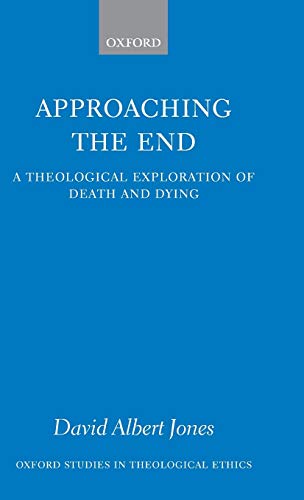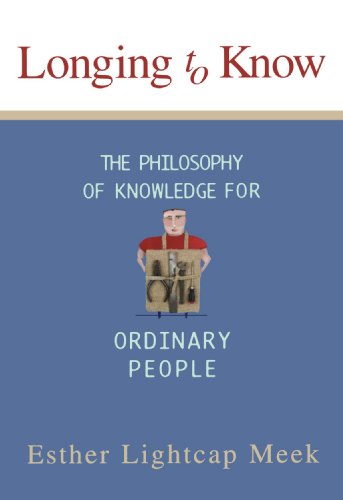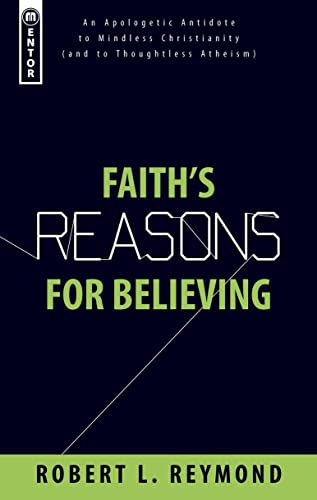Enthroned on our Praise: An Old Testament Theology of Worship
Written by Timothy M. Pierce Reviewed By Abi Tomba NgungaThis helpful volume is a study published in NAC Studies in Bible and Theology as a new series whose “resources are aimed primarily at church leaders and those who are preparing for such leadership” (p. xii). Given this significant target, Pierce, with his wealth of experience from both the academic and church settings, looks at the theme of worship as one of the intriguing debated topics among educational institutions as well as churches (p. 1). Reading Ps 23:3, the author notes “what true worship is—the enthronement of God” (p. 1). One should observe here the origin of the first part of the title of the author’s book.
In writing his book, Pierce’s intention “is not to propose a specific style of worship (the topic will barely be broached) but to suggest that the relational God who is presented in the Bible has expressed who He is and how our relationship with Him should manifest itself in worship” (p. 3). He does this by providing an understanding of the theology of worship that is found in each Hebrew canonical division of the Old Testament. His focus on the OT is justified by the fact that “there are elements about mankind’s relationship to God that we cannot find anywhere except in the OT” (p. 6). According to him, an implementation of these important elements “will positively affect the way we worship the God we serve today” (p. 6). His methodology (a) “recognizes that specific practices within the OT and the Bible may change, but the underlying principle behind those activities remains constant and something on which present action can be established” and (b) “recognizes the truth of both the biblical audience’s experience and our own” (p. 7).
In addition to the eleven pages of introductory matters, Pierce’s meticulous work is divided into five chapters: (1) The Primeval Prologue: Relationship in Worship; (2) The Pentateuch: Foundations of Worship; (3) The Former Prophets: Patterns of Worship; (4) The Latter Prophets: Attitudes in Worship; and (5) The Writings: Expressions of Worship. Each chapter examines a section of the OT and its relationship to worship. However, because of the nature of this book as a Christian enterprise, Pierce wraps up each of his chapters by presenting how the worship themes detected within are taken up in the New Testament (cf. p. 11).
The term “worship” is understood in this work as “the relational phenomenon between the created and the Creator, which find expression in both specific events and lifestyle commitments” (pp. 3, 13). Given this definition, the author takes a thorough linguistic and exegetical analysis of various concepts related to the theme of worship in each of the five aforementioned chapters. He discovers an important connection between worship and right living as a lifestyle. His findings lead him to conclude his work with a question: “Where do we go from here?” (pp. 265–69). Answering it, one hears Pierce’s last words with significant impact as he wishes his targeted audience to “enter into more meaningful worship as both a lifestyle and an event” (p. 269).
The author’s work contains several strengths. A few of them are worth mentioning. First of all, it must be pointed out that the book provides a thorough survey of the concept of worship within the whole OT. Every important Hebrew term (e.g., kippūr from kāpar for “atonement”) portraying the theme of worship is analysed in depth. This, together with the twenty pages of its selected bibliography, makes Pierce’s work as an important tool for anyone desiring to understand “the biblical theology of worship from a Christian perspective” (p. 75).
Not only its wealth of research needs to be mentioned here, but also the significant insights one gains throughout the book. These bring clarity over some topics that were either misunderstood or given unhelpful connotations by earlier interpretations. For instance, the author discovers that the account of God’s grace in the Bible precedes the fall (pp. 21, 29–30, 43–46). This understanding has significant implications for our worship of God. In this manner, the OT is brought to life for the church today.
Besides the great value of its content outlined above, the author’s work, like any other enterprise, is not immune of some weaknesses. One of them has to do with the author’s writing style that is sometimes unclear. For instance, Pierce fails to put the acronym “HCSB” in his list of abbreviations. Yet he uses it on more than one occasion. This element alone, to begin with, can become a bump that slows down any reader unfamiliar with various acronyms used for different versions of the Bible. In addition to this, the author sometimes gets into too much linguistic and exegetical analysis to the point that he fails to provide a useful synopsis to aid in the application of his exegetical outcomes.
Putting aside these flaws, however, this book is a tremendously useful tool for the improvement of the quality of worship in our modern world, whenever and wherever. It is also appropriate for anyone teaching (or intending to teach) a biblical theology of worship, as well as anyone familiar with the Hebrew language.
Abi Tomba Ngunga
University of Aberdeen
Aberdeen, Scotland, UK
Other Articles in this Issue
Though his primary concern was how to persuade people from diverse backgrounds to embrace the gospel of Jesus Christ (1 Cor 9:12, 23), Paul, nonetheless, embodies a principle common to all who would provide leadership to a community comprised of a multiplicitous collection of rigid truth claims and behaviors...
The Ethnic Enemy—No Greek or Jew . . . Barbarian, Scythian: The Gospel and Ethnic Difference
by Keith FerdinandoWhatever 'globalisation' may be, it has been accompanied by insistent and sometimes violent affirmations of ethnic identity...
Despite a small flurry of attention over the past decade, Adolf Schlatter (1852–1938), Tübingen professor of New Testament and author of more than 440 written works, remains one of the most neglected yet illuminating theological voices of the past one hundred years...
Commentators have customarily interpreted Phil 2:12 as a reference to "working out" one's personal salvation...
Salvation History, Chronology, and Crisis:1 A Problem with Inclusivist Theology of Religions, Part 1
by Adam SparksA fundamental requirement in an inclusivist understanding of the relationship between Christianity and other religions is evidence of God's salvific activity outside of any knowledge of Christ...







